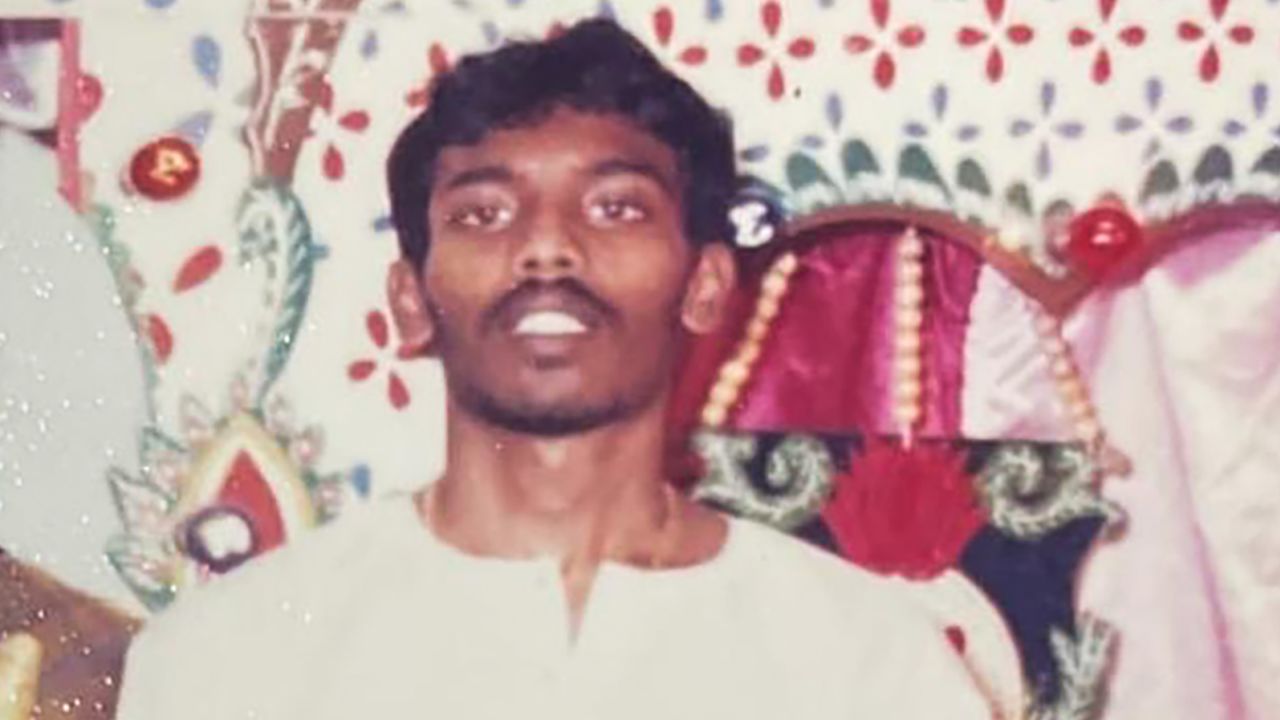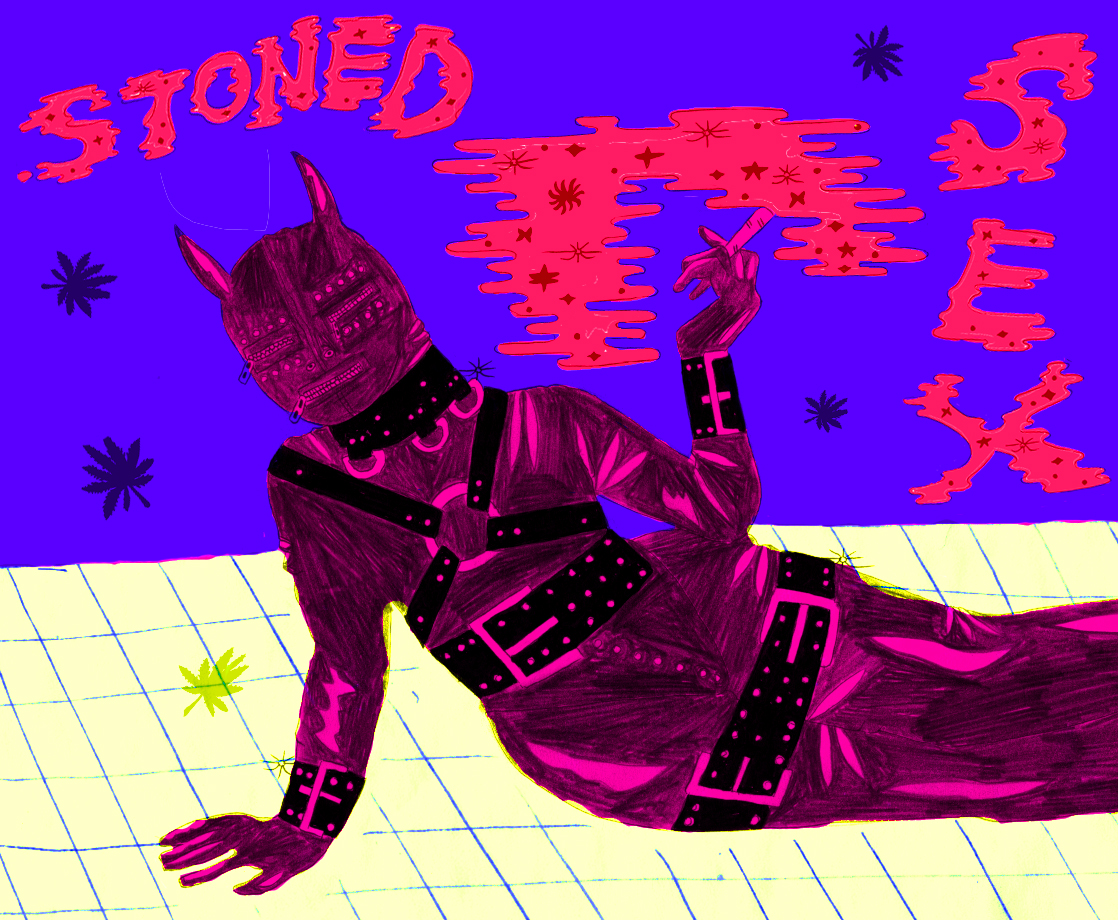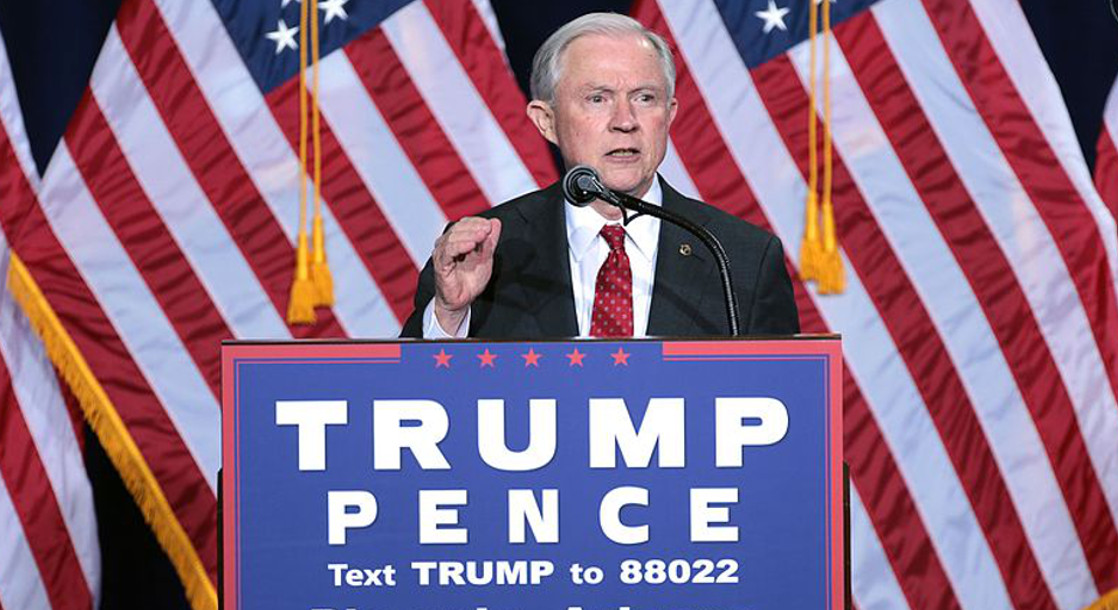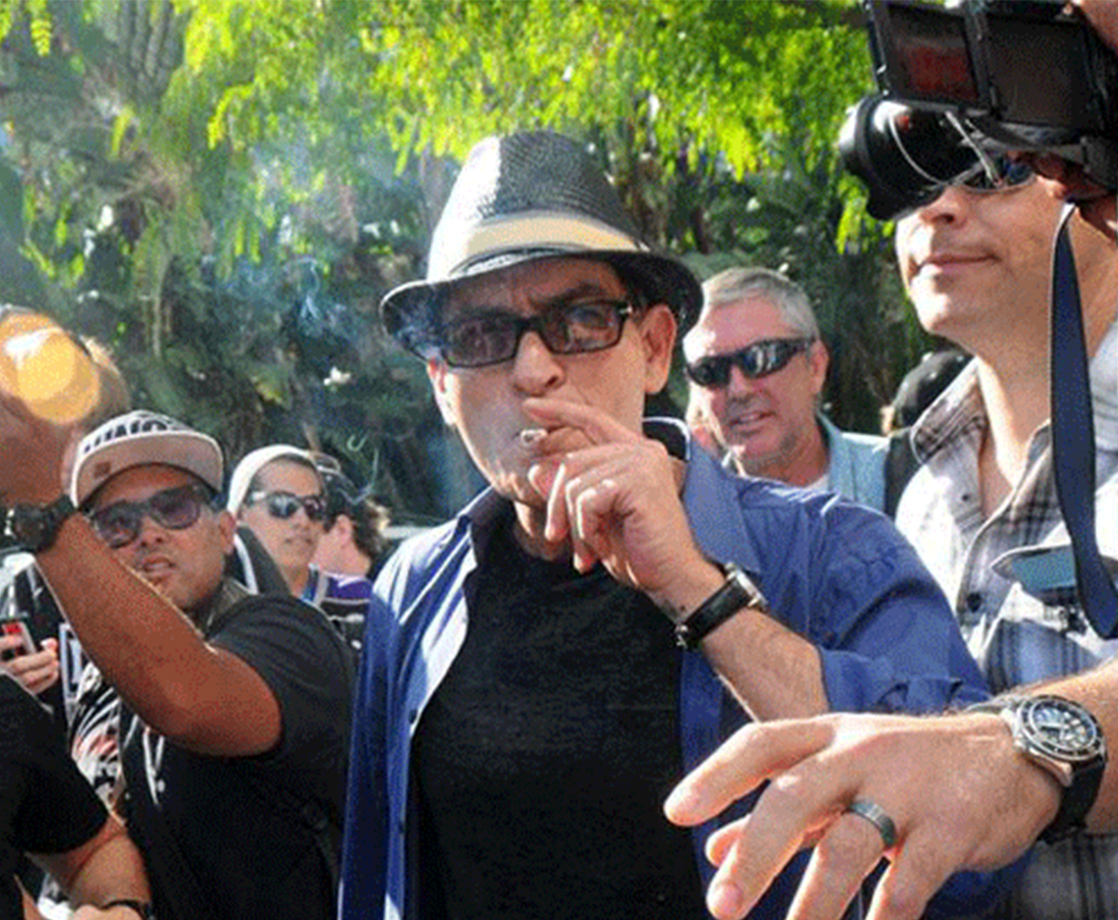Image via
Singapore just executed a man over two pounds of weed, ignoring a concerted advocacy effort led by Richard Branson, leading human rights groups, and the press.
Tangaraju Suppiah was executed this Wednesday for allegedly conspiring to traffic 1.18 kg (2.6 pounds) of cannabis into Singapore in 2017. The 46-year-old never even actually received the bud that he allegedly ordered, but that fact did not dissuade the courts from issuing the maximum sentence for trafficking over 500 grams of cannabis – death by hanging. Tangaraju appealed the case and petitioned for presidential clemency, but his pleas were rejected.
“Even from inside prison, he wanted to fight for his innocence,” said Tangaraju’s sister Leelavathy to CNN. “He believed that there would be a fair trial and wanted to prove his innocence – every step of the way.”
Human rights groups say that the trial was far from fair, though. The evidence against Tangaraju largely came from a police interrogation that was conducted without a lawyer or an interpreter present. The prosecution also leaned on unsubstantiated claims from two other men involved in the case, one of whom had his charges dismissed. Singapore cops even agree that Tangaraju never actually physically touched the weed that he was ultimately killed over.
Amnesty International and other human rights groups leapt to Tangaraju’s defense, condemning Singapore for imposing the death penalty in such a circumstantial case. Virgin founder Richard Branson launched a last-minute plea for clemency, calling the country’s death penalty “reminiscent of medieval times” and “a dark stain on the country’s reputation.” The European Union even urged Singapore to halt the execution, but despite the overwhelming support, authorities decided to hang him anyway.
“This unlawful execution shows yet again the staggering failure of Singapore’s stubborn embrace of the death penalty,” said Amnesty International in a press release. “The many flaws in the case, from lack of access to legal counsel and of interpretation from the point of arrest, to the lack of disclosure of key evidence from the prosecution, as well as the continued reliance on the mandatory death penalty renders this execution arbitrary under international human rights law.”
“It’s particularly outrageous that Tangaraju was arrested, convicted and executed for a cannabis related offense when much of the world is moving forward with cannabis legalization based on medical assessments,” Phil Robertson, Asia deputy director of Human Rights Watch, told CNN. “Putting him to death also shows just how far Singapore has fallen behind Malaysia – its leaders like to claim that their country is more modern and developed but in the case of criminal justice and the death penalty, Singapore is clearly the laggard.”
Like Singapore, Malaysia used to regularly execute people for non-violent cannabis offenses. But last year, the country finally voted to abolish mandatory death penalties and lifelong imprisonment for these crimes. Malaysia has even legalized medical marijuana, and although this program is way more restrictive than Thailand’s free-for-all cannabis laws, it’s still way ahead of most of its other neighbors.
“Singapore’s punitive drug policies have failed not only to tackle the use and availability of drugs in the country, but also failed to offer effective protection from drug-related harm,” Amnesty International said. “The government of Singapore must take note of the growing trend around the world towards abandoning the death penalty and act accordingly, first by establishing an official moratorium on all executions, then moving towards full abolition.”











